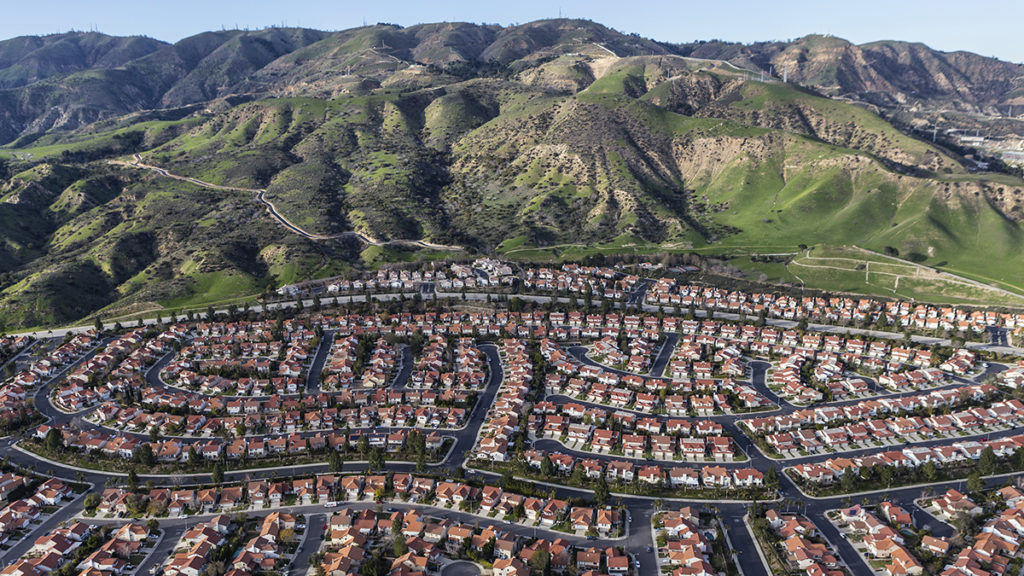Enhancing Building Values: Dedicated Services for HOA San Antonio
Enhancing Building Values: Dedicated Services for HOA San Antonio
Blog Article
The Duty of House Owners fit HOA Policies
In the world of house owners' organizations (HOAs), the function of home owners in shaping plans holds significant importance. Property owners are not simply inhabitants yet active stakeholders in the area they stay in, with a beneficial interest in the guidelines and guidelines that govern their daily lives. Recognizing just how homeowners can affect and add to HOA plans is vital for fostering an unified living environment. By discovering the opportunities whereby homeowners can influence decision-making procedures, we discover a vibrant interaction that shapes the extremely significance of neighborhood living. Stay tuned to decipher the elaborate web of home owner engagement and its influence on shaping HOA policies.
Value of House Owner Involvement
Homeowner engagement plays a critical duty fit the plans and choices of homeowners' associations (HOAs) When homeowners proactively join the decision-making processes of their HOA, they contribute diverse point of views that can cause more inclusive and well-rounded plans. Engaged house owners are extra most likely to remain notified about HOA issues, attend meetings, and provide beneficial comments on recommended policies. Their participation helps guarantee that plans mirror the needs and choices of the neighborhood they stand for.
Furthermore, home owner involvement fosters a feeling of ownership and responsibility within the community. When residents are associated with forming HOA plans, they are more probable to adhere to these policies willingly. This can result in a more unified living setting where homeowners work with each other in the direction of usual goals and shared worths. Additionally, involved home owners are more probable to sustain HOA initiatives, which can bring about smoother application and better general success.
Ways to Impact HOA Policies
Efficient participation in property owners' association (HOA) boards and meetings offers locals possibilities to influence and shape HOA policies. Among one of the most direct methods house owners can affect HOA plans is by proactively participating and participating in in HOA meetings. By voicing worries, suggesting recommendations, and participating in conversations during these meetings, property owners can directly influence the decisions made by the HOA board. Additionally, home owners can take into consideration competing settings on the HOA board or boards themselves. By ending up being board members or committee leaders, property owners can directly affect the growth and application of HOA policies.
In addition, homeowners can collaborate with their neighbors to develop an unified front when supporting for specific policy adjustments or campaigns. By arranging requests, performing surveys, or organizing community meetings, home owners can show the degree of assistance for their suggested plans and raise their possibilities of influencing the HOA's choices. Eventually, by actively participating, engaging with fellow homeowners, and handling leadership duties within the HOA, house owners can effectively influence and shape HOA plans to much better reflect the requirements and preferences of the neighborhood.

Impact of Home Owner Engagement
The active participation of homeowners in homeowners' organization (HOA) tasks substantially influences the policies and choices controling the neighborhood. When property owners take part in HOA conferences, give feedback on suggested policies, and take part in discussions with the board participants, their input can form the direction of the area. Homeowner involvement ensures that the HOA board takes into consideration a varied variety of point of views prior to making choices that affect the whole area.
Moreover, homeowner participation can lead to increased transparency within the HOA. By actively participating in the decision-making procedure, homeowners can hold the board accountable for their activities and ensure that policies are carried out fairly and in the very best passion of the community in its entirety.
Additionally, when homeowners proactively participate in forming HOA plans, they feel a higher feeling of ownership and pride in their community (hoa san antonio). This feeling of participation fosters a stronger sense of community and urges citizens to interact in the direction of common goals, inevitably creating a more preferable and harmonious living environment for all locals

Advantages of Active Homeowner Involvement
Active engagement by homeowners in homeowners' association tasks adds substantially to the improvement of area governance and communication. When house owners actively participate in HOA affairs, they bring important insights and diverse perspectives to the decision-making process. This involvement fosters a sense of ownership and duty among homeowners, leading to a much more cohesive and unified community.
Additionally, active home owner participation assists to make certain that HOA policies straighten with the needs and choices of the neighborhood participants - hoa san antonio. By voicing their opinions and worries, homeowners can affect the development of policies and regulations that promote consistency and wellness within the community. This collective technique not only strengthens area bonds but also boosts the overall lifestyle for homeowners
In addition, energetic home discover here owner involvement can bring about boosted transparency and responsibility within the property owners' association. When locals are actively taken part in the administration process, there is better oversight and analysis of decision-making, which can help avoid prospective problems and make certain fair and reasonable treatment for all members. Ultimately, the benefits of energetic homeowner participation prolong beyond individual households to produce a more flourishing and dynamic area.

Developing a Community-Driven HOA
Offered the importance of homeowner participation in shaping HOA policies, promoting a community-driven approach is vital for the lasting governance and development of the area. A community-driven HOA empowers homeowners to proactively join decision-making processes, making certain that policies mirror the varied needs and preferences of the community. By motivating open interaction and partnership in between house owners and the HOA board, a sense look at this now of common obligation and possession is cultivated, leading to boosted complete satisfaction and harmony within the area.
Producing a community-driven HOA includes establishing devices for home owner responses, such as surveys, town hall meetings, or suggestion boxes, to collect input on essential problems and potential policy changes. Furthermore, advertising openness in HOA operations and decision-making processes cultivates count on and accountability among citizens. By valuing house owner viewpoints and involving them in the governance of the community, a community-driven HOA can boost general resident complete satisfaction, advertise a feeling of belonging, and add to the long-term well-being of the neighborhood.
Final Thought

In verdict, active property owner engagement plays a vital function in forming HOA plans. Developing a community-driven HOA requires recurring communication and participation between property owners and the organization to guarantee plans mirror the demands and preferences of the neighborhood.
In the world of homeowners' organizations (HOAs), the duty of homeowners in shaping plans holds considerable importance.Homeowner involvement plays a vital function in shaping the plans and decisions of house owners' associations (HOAs)Effective participation in house owners' organization (HOA) meetings and boards provides homeowners opportunities to influence and form HOA plans. Ultimately, by proactively getting involved, involving with fellow residents, and taking on leadership roles within the HOA, property owners can successfully shape and you can try this out affect HOA plans to better reflect the demands and preferences of the neighborhood.
Additionally, active property owner participation can lead to increased openness and accountability within the homeowners' association.
Report this page